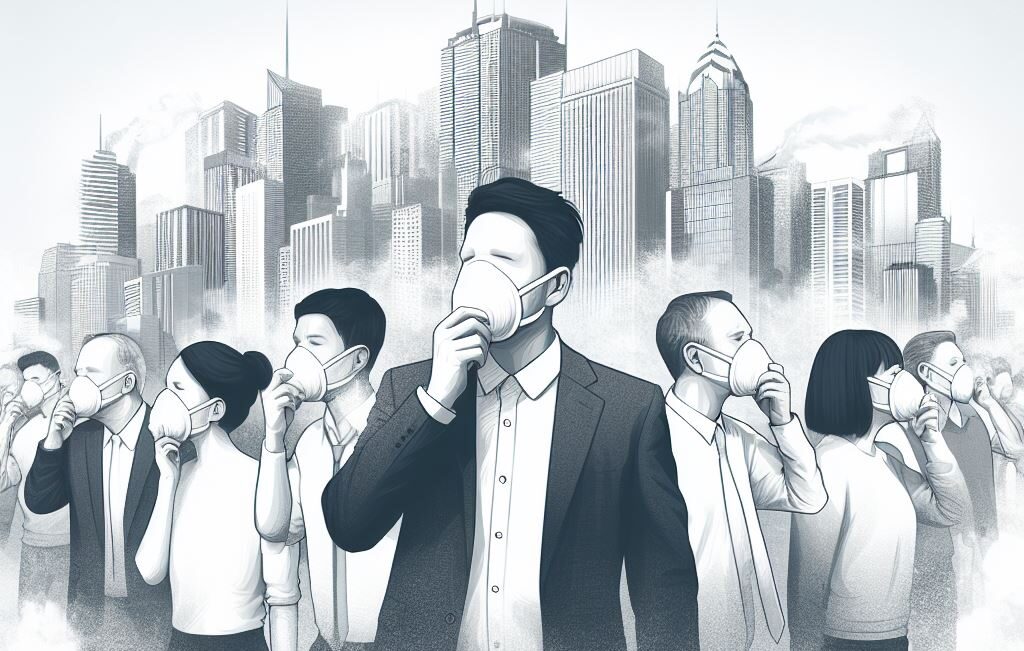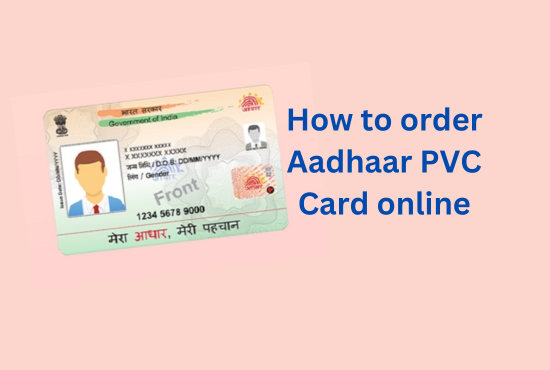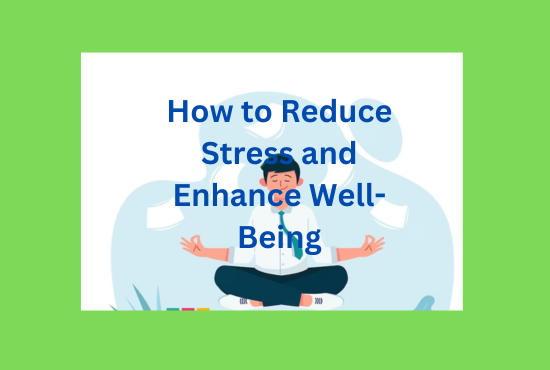Air pollution is a growing concern in today’s world, affecting the health and well-being of millions of people. With increasing urbanization, industrialization, and the burning of fossil fuels, the quality of the air we breathe is deteriorating. However, there are steps you can take to protect yourself from the harmful effects of air pollution. In this blog post, we’ll explore practical tips to help you stay healthy and minimize your exposure to air pollution.
Stay Informed
One of the first steps in protecting yourself from air pollution is staying informed. Keep an eye on local air quality indices and pollution forecasts. Many apps and websites provide real-time data on air quality in your area, allowing you to plan your outdoor activities accordingly. During days with poor air quality, consider reducing your time outdoors, especially during peak pollution hours.
Choose Your Outdoor Activities Wisely
If you live in an area with high levels of air pollution, it’s important to choose your outdoor activities wisely. Try to avoid strenuous exercise or spending prolonged periods outside during times when pollution levels are at their peak. Early morning or late evening hours tend to have lower pollution levels, making them better choices for outdoor activities.
Use Air Purifiers
Investing in a high-quality air purifier for your home can significantly improve the air quality in your living space. These devices can filter out pollutants, allergens, and fine particulate matter, providing you with cleaner indoor air. Be sure to choose a purifier with a HEPA filter for effective results.
Keep Your Home Well-Ventilated
Proper ventilation is essential to maintain good indoor air quality. Opening windows and doors to allow fresh air to circulate can help reduce indoor air pollution. Avoid using products that release indoor pollutants, such as aerosol sprays and smoking indoors.
Use Masks
Wearing a mask, particularly a respirator mask like an N95, can help reduce your exposure to outdoor air pollution when you need to be outside on high pollution days. These masks can filter out harmful particles and provide a barrier between you and polluted air.
Plant Indoor Air-Purifying Plants
Certain houseplants, such as spider plants, snake plants, and peace lilies, are known for their air-purifying abilities. Adding these plants to your indoor space can help filter out some common indoor pollutants and improve air quality.
Reduce Car Emissions
If you have control over the type of vehicle you drive, consider choosing a more fuel-efficient or electric vehicle to reduce emissions. Carpooling, using public transportation, or cycling can also help decrease your contribution to air pollution. Regular car maintenance, including keeping the engine tuned and tires properly inflated, can improve fuel efficiency and reduce emissions.
Reduce Indoor Pollutants
In addition to outdoor air pollution, indoor pollutants can also be harmful to your health. Avoid smoking indoors, limit the use of candles and incense, and be mindful of using cleaning products with harsh chemicals. Opt for natural cleaning alternatives and be cautious about the use of strong household chemicals.
Support Air Quality Initiatives
Advocate for policies and initiatives that aim to reduce air pollution in your community. Support the transition to renewable energy sources, stricter emissions standards, and public transportation improvements. Your voice can make a difference in creating a cleaner environment for all.
Air pollution is a serious health concern that affects people worldwide. While you may not have complete control over external factors, you can take steps to protect yourself and reduce your exposure to harmful pollutants. By staying informed, making smart choices, and taking measures to improve indoor air quality, you can lead a healthier and more resilient life in the face of air pollution. Remember, every effort counts towards creating a cleaner and healthier environment for ourselves and future generations.



